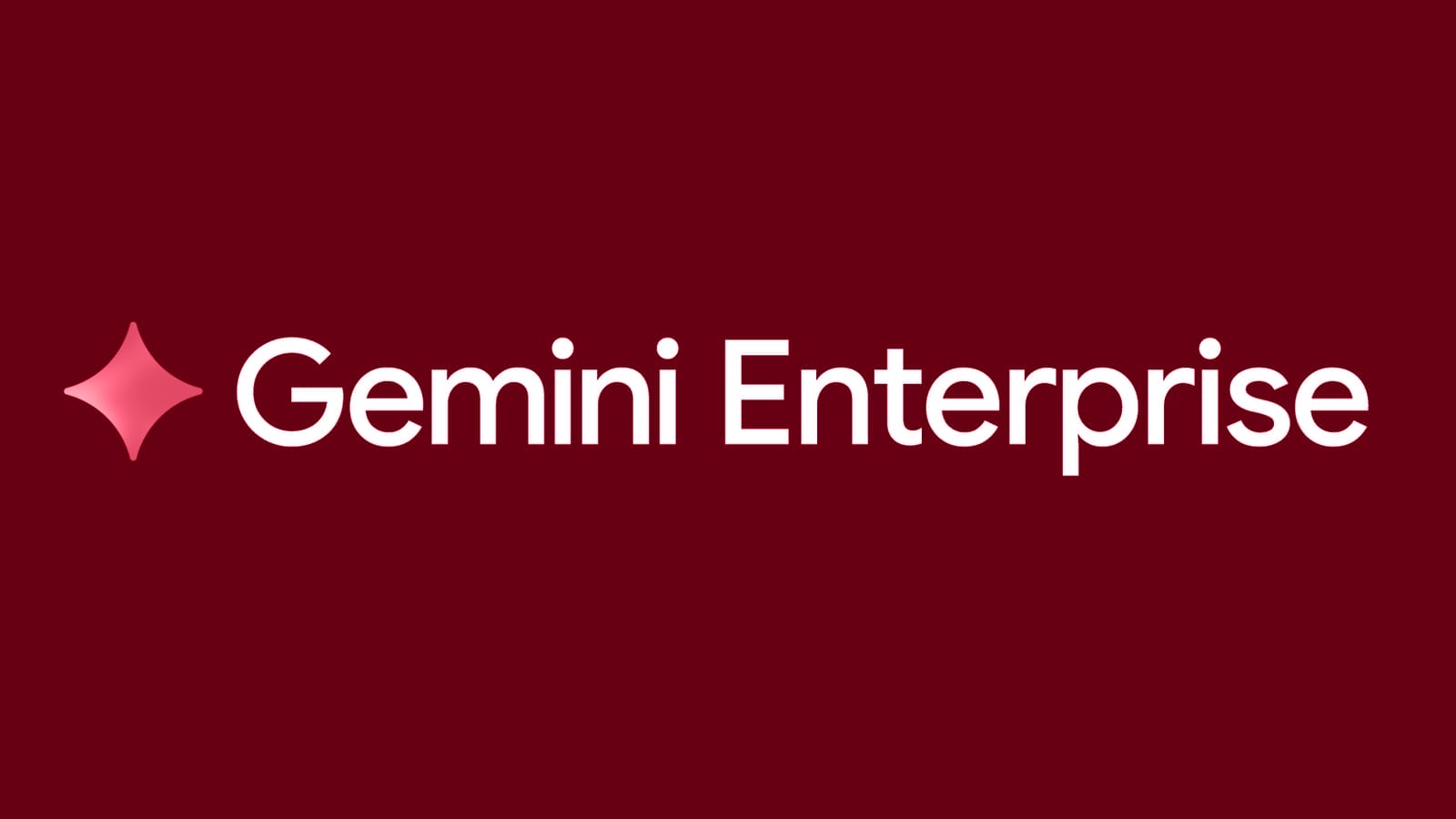Google Cloud has introduced Gemini Enterprise, a new AI platform designed to bring artificial intelligence tools to everyday employees across organizations. The company is positioning the platform as what Google Cloud’s CEO Thomas Kurian calls “the new front door for AI in the workplace.”
The platform costs $30 per user per month and aims to help workers across departments automate tasks, search company data, and deploy AI agents without requiring coding skills. According to Kurian, Gemini Enterprise addresses a key limitation of early AI tools: “The first wave of AI, while promising, has been stuck in silos, unable to orchestrate complex work across an entire organization.”
What Gemini Enterprise offers
Gemini Enterprise brings together several components into a single interface. At its core are Google’s Gemini AI models, which power the system’s intelligence. The platform includes a no-code workbench that allows any user to analyze information and build agents to automate processes. It comes with pre-built agents for tasks like research and data analysis, and users can add custom agents or solutions from partners.
The platform connects to company data across multiple sources, including Google Workspace, Microsoft 365, and business applications like Salesforce and SAP. A central governance framework allows organizations to monitor and secure all agents from one location. Google emphasized that the platform is built on openness, with an ecosystem of over 100,000 partners.
Google demonstrated how a marketing manager could use a “Campaigns Agent” to create a marketing campaign through conversation. In the demonstration, the AI agent performed research, checked inventory, flagged product shortages, approved purchase orders through ServiceNow, and created social media materials using Google’s image and video generation tools.
Integration with existing tools
Gemini Enterprise works with both Google’s own products and third-party applications. For Google Workspace users, the company announced new features including real-time speech translation in Google Meet and AI-powered video creation in Google Vids. Google states that 2.5 million people use Vids monthly, and usage of the “take notes for me” feature in Meet has grown more than 13 times since the beginning of the year.
The platform integrates with agents from multiple partners. Box offers an AI agent that summarizes documents and generates content while respecting existing permissions. Salesforce makes Agentforce agents accessible within Gemini Enterprise. ServiceNow connects AI agents for service observability to detect and fix issues in cloud deployments. Workday provides agents for tasks like submitting time off and managing pay information.
Google introduced a new AI agent finder with natural language search to help customers discover agents from trusted vendors. The agents can be filtered by industry and use case, and purchased from Google Cloud Marketplace or directly through partners.
Open standards for agent communication
Google is working with industry partners on open standards to enable agent-to-agent communication and transactions. The Agent2Agent Protocol (A2A) and Model Context Protocol (MCP) establish how agents communicate with each other. To enable financial transactions, Google announced the Agent Payments Protocol (AP2), developed with over 100 partners including American Express, Coinbase, Mastercard, PayPal, and Salesforce.
The company views these standards as foundational to what it calls the “agent economy,” where developers and partners can build specialized agents that communicate and transact with each other, generating revenue from their solutions.
Business impact and adoption
Google Cloud reports strong AI adoption among its customer base. The company states that 65 percent of its cloud customers use its AI products, including nine of the top ten AI labs and nearly all AI unicorns. The cloud unit surpassed a $50 billion annual revenue run rate in the second quarter of 2025, with 13 product lines each generating over $1 billion annually.
The company uses AI internally across operations, coding, marketing, and supply chain management. Nearly half of all new code at Google is now generated by AI and reviewed by engineers, according to the company.
Consulting partners are expanding services to help customers adopt Gemini Enterprise. Accenture is developing agentic capabilities through a generative AI Center of Excellence with Google Cloud. Deloitte uses its “Agent Fleet” to help clients deploy industry-specific agents. KPMG is using Gemini Enterprise internally to enhance client delivery and employee experience.
Training and support programs
Google announced Google Skills, a new free training platform that consolidates learning resources from across Google. The platform includes the Gemini Enterprise Agent Ready (GEAR) program, an educational initiative designed to train one million developers to build and deploy agents.
For organizations requiring hands-on assistance, Google introduced Delta, a team of AI engineers who work directly with customers on complex challenges.
Developer tools and creative capabilities
Over one million developers are using Gemini CLI, an AI agent that allows interaction with Gemini models from a terminal for task automation and code generation. Google introduced Gemini CLI extensions, a framework to connect the command-line AI to services from partners including Atlassian, GitLab, MongoDB, Postman, Shopify, and Stripe.
Google’s generative AI models have been used to create over 13 billion images and 230 million videos. Figma uses Gemini’s Flash 2.5 Image model to help users create brand-approved images. Virgin Voyages uses Veo and Imagen to create personalized advertisements and emails at scale.
The launch puts Google Cloud in direct competition with Microsoft’s Copilot and OpenAI’s ChatGPT Enterprise for the workplace AI market. Gemini Enterprise is available in all countries where Google Cloud products are sold, with support for more than a dozen languages at launch.
Sources: Google Cloud, Google Blog, Google Cloud, Bloomberg
